Common Reasons for Ship’s Lifeboat Engine Starting Failure
Ever faced the situation wherein you’ve tried to start your ship’s lifeboat engine while carrying out maintenance work or when lowering it in to the water during a drill or during an emergency, only to find out that the lifeboat engine fail to respond?
It is a known fact that even the best maintained ship’s lifeboat engines run into snag, though infrequently. The reasons for the problem could be many, for example; a bad tank of fuel, improper or occasional maintenance, overheating, blockages, or even general wear and tear of the engine, eventually taking a toll on the engines, causing them to fail when needed the most.
Of course it is imperative that a maintenance schedule is being followed on board by competent personnel to prevent such kind of situations on ships; but when such a failure happens, pin-pointing the source of trouble and homing in on a solution seems to be a major concern.
Common Symptoms to Look Out for During Lifeboat Engine Starting Failure on Ships
The most general symptoms of outboard engine troubles can be placed in the following categories such as
1. The engine does not start.
2. The engine halts and runs unsteadily.
3. The lifeboat engine remains inactive for a long time.
4. The engine overheats strangely.
6. The engine races at unequal intervals when it is being tried out.
7. The lifeboat engine emits superfluous blue smoke.
Once found out which of these symptoms describes the problems best, it is always recommended to check with or refer the manufacturer’s manuals for a step-by-step troubleshooting.
Of course, general technical knowledge is required to carry out the job and of those individual experiences on error rectification does wonders.
Reasons for Ship’s lifeboat engine starting failure
There could be several probable causes if the Outboard Motor fails to start. One has to take into account the lifeboat engines’ past history or maintenance record that was being followed.
For developing a plan to troubleshoot the failure one needs to know the problems, which lifeboat engines are prone to. Sometimes certain parameters are overlooked while regular maintenance is being carried out on ships. Listed below are some reasons that could be the cause of an engine not responding.
1. Empty fuel tank.
2. Incorrectly attached fuel supply hose.
3. Damaged fuel supply hose.
4. Defective fuel pump.
5. Contaminated fuel.
6. Improper starting procedures.
7. Faulty, spoiled or incorrect positioning of spark plug(s).
8. Improper maintenance.
9. Emergency shut off deactivated.
10. Undercharged starter battery.
11. Loose electrical connections.
12. Bad ignition coil.
13. Defective starter motor
Basic checks that can be carried out locally on ship’s lifeboat engine
A few basic checks during routine inspections can be carried out at site to pinpoint the defect and react quickly if something goes wrong.
1. Listen to the sound the lifeboat engine makes when it is tried out – Check to see if it is the familiar running noise or it has an abnormal one. A simple method to home in to noises is by using equipment that is readily available such as a long handle screwdriver. By putting one end of the screwdriver to the ear and the other where an abnormality is suspected, the error detection is possible. Sometimes the machinery has to be operated while listening to the sound; one must take adequate precautions for the same.
2. Visual checks – Check for rusting areas, oil leaks and kinks in the fuel lines, cracks or bends in the lines associated with the ship’s lifeboat engine, chaffed hoses, paint discoloration in heat areas, distorted electrical cables or damaged junctions for cable and housing, etc. for an overall view of the deformities. Using the eyes for a better understanding of the troubles can prevent a potential hazard waiting to happen.
3. Identify the problem by smelling it – Don’t underestimate your sense of smell as it can lead you to the source of the problems on board ships. Fuel is distinguishable by its smell, so check for leaks that could be dangerous and require immediate attention. Overcharging of the batteries give us a foul smell like an egg gone bad. The smell of burnt electrical wiring and components is quite unique too and could be made out easily. Again, tracing out the problem is of utmost importance.
4. Sense of touch – One can ascertain a few problems related to electrical and ship’s lifeboat engine components by simply touching them. Loosely mounted starters and regulators, heated wires and cables, damaged fuel lines and oil leaks, etc. to name a few could all be corrected.
Using the senses to dish out problems is an art which has to be practiced at every routine inspection of the ship’s lifeboat engine. To be a good trouble-shooter one needs more than just technical knowledge.
Do you have info to share with us ? Suggest a correction
Latest Shipboard Guidelines Articles You Would Like:

About Author
Bikram Pal Singh is a professional mariner and blogger. He has sailed extensively, serving on various Oil tankers and Offshore Vessels. He enjoys reading and compiling notes about critical shipboard operations and crew psychology.
Subscribe To Our Newsletters
By subscribing, you agree to our Privacy Policy and may receive occasional deal communications; you can unsubscribe anytime.



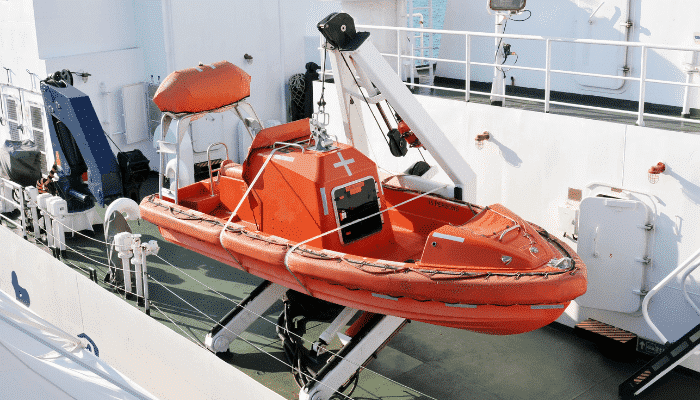
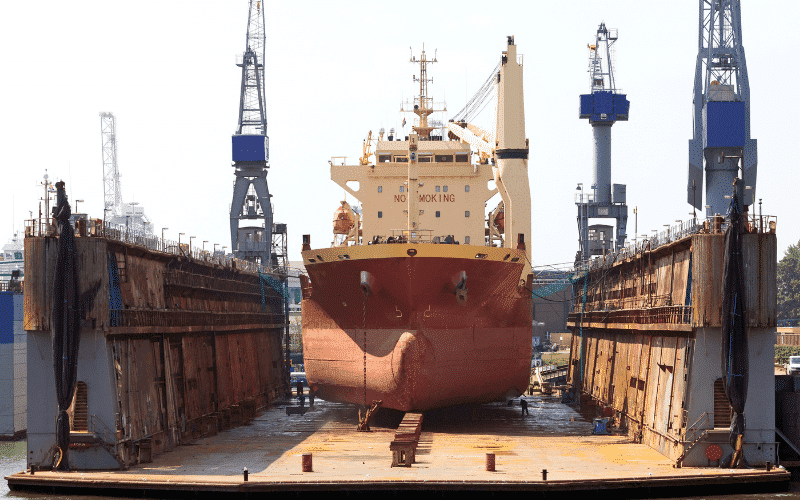

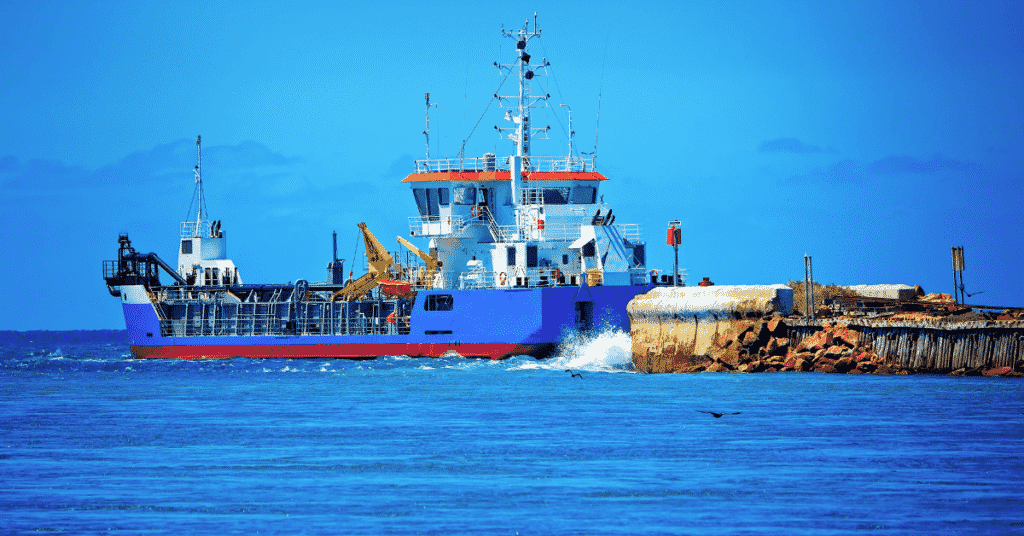
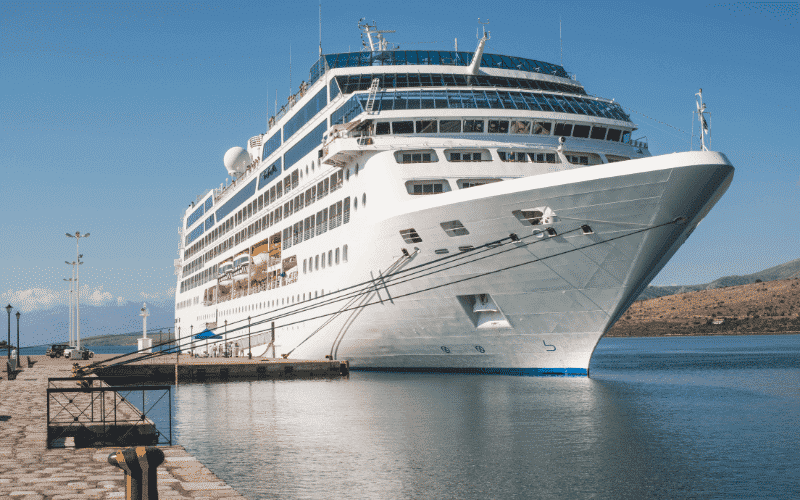
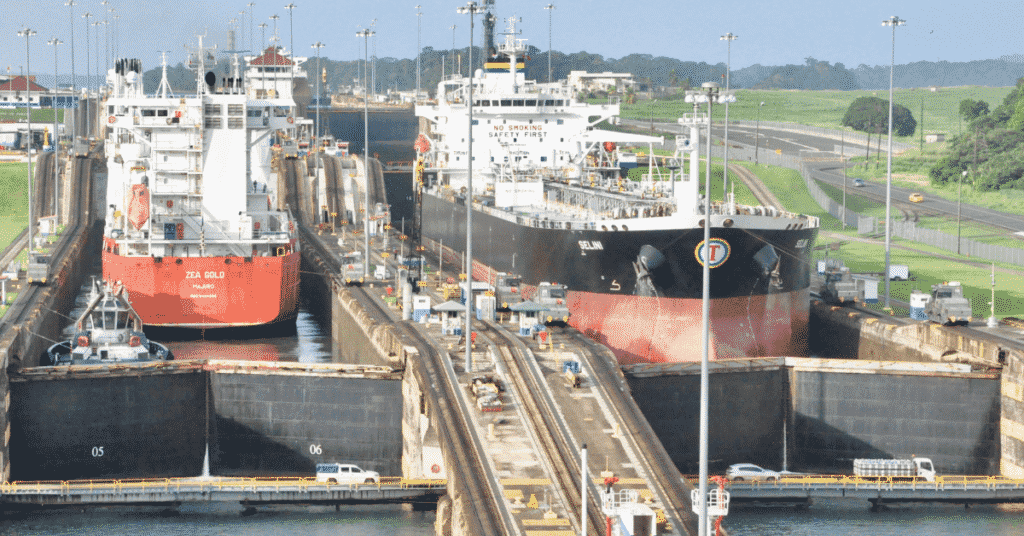
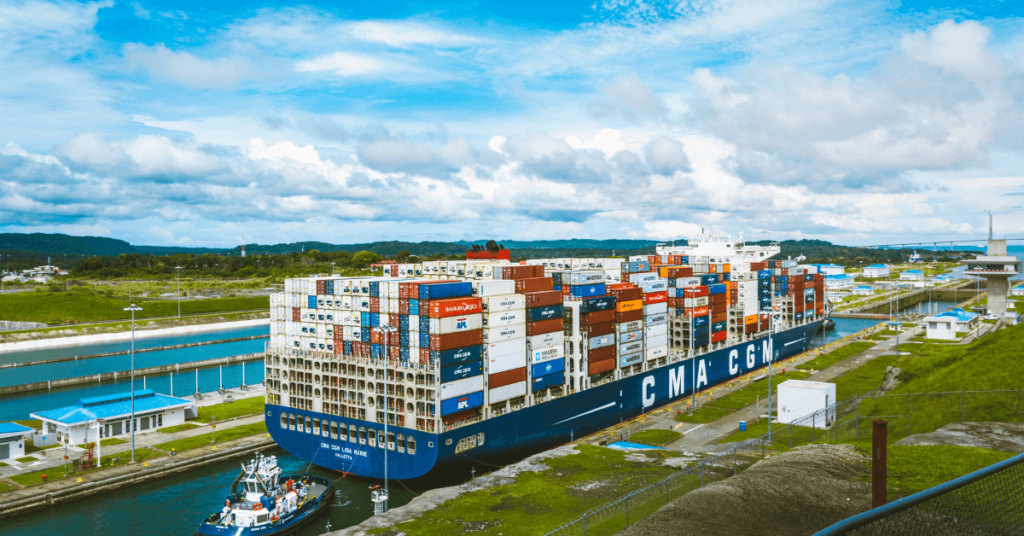

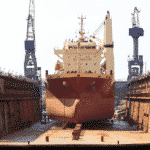

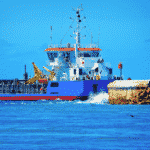

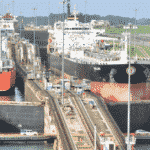

Please, may I know why Diesel fuel is used in lifeboat engines instead of Petrol? thank you.